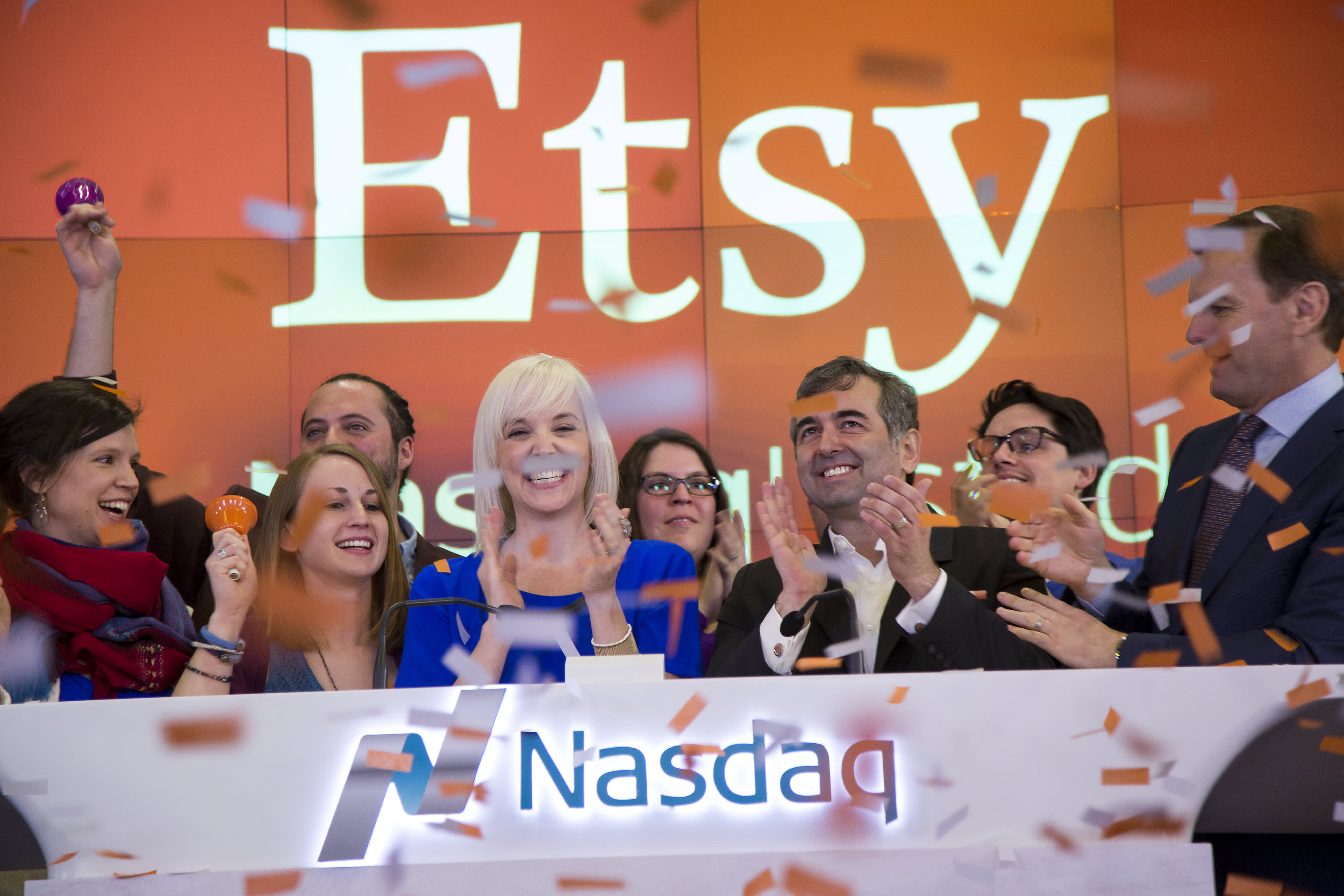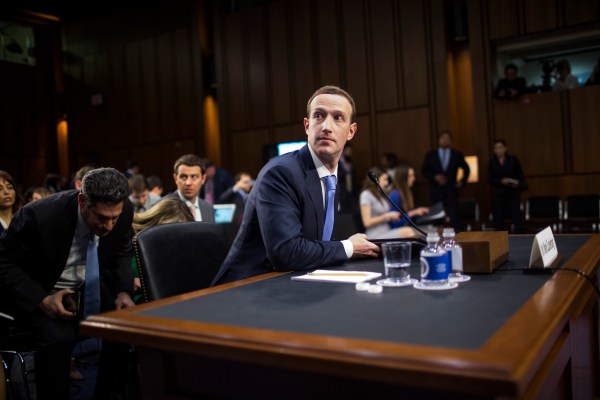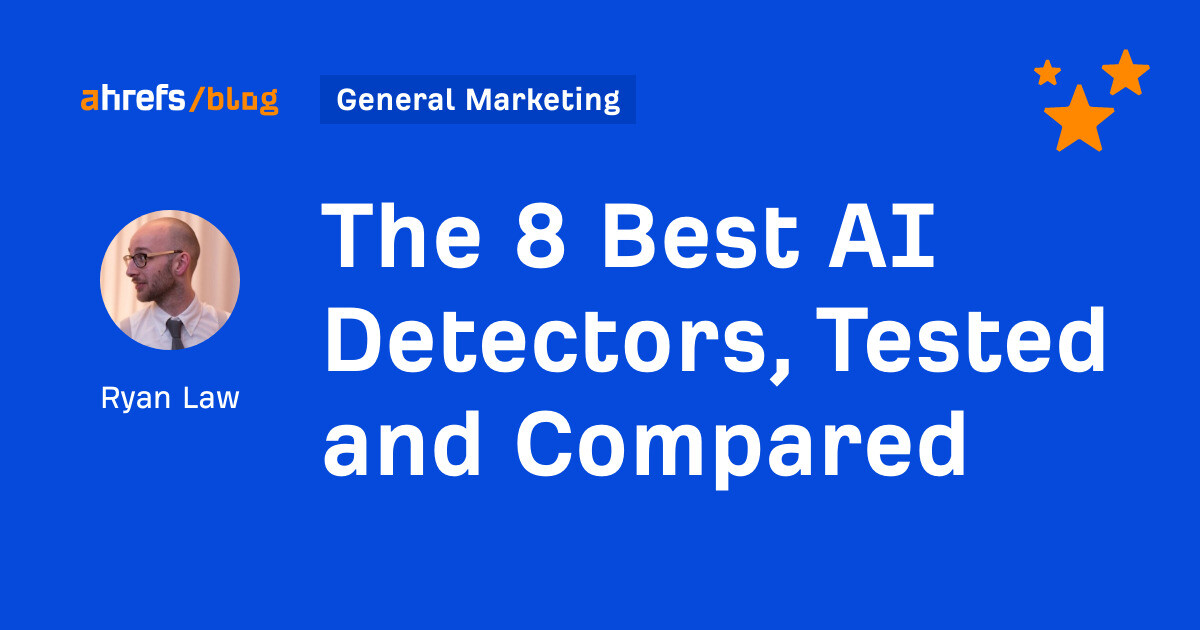How A.I. took center stage in the Hollywood writers' strike
As the entertainment industry faces another disruptive technology, the WGA is demanding that regulatory standards around AI ensure fair labor conditions.
After failing to reach a contract resolution with the studio association, more than 11,000 film and television writers remain on strike. Of the many topics under consideration in this year's Writers Guild of America contract discussions, one nascent technology has fueled dissent among the negotiators: artificial intelligence.
"I hope I'm wrong, but I do think that the use of AI is going to take over the entertainment industry," said Justine Bateman, a member of the writers, directors and actors guilds. "And I think it's going to be really bad."
The implementation of generative AI could mean sweeping changes for the entertainment industry. Advocates for AI technology see it as a tool that will uplift content creators and break down the barriers to entry.
"It's going to be very soon until we can literally just type in a prompt and see something as a consumer," said AI filmmaker Caleb Ward. "And you don't have to have any sort of skills as a visual effects artist or as someone in the entertainment industry."
Since the last writers' strike in 2007, widespread consumer adoption of video streaming has exemplified how novel technologies can upheave the entertainment industry. Now, however, the leaders in the streaming space are dealing with the ballooning costs of high-output, high-quality content.
"Today, the only one we know of that is cashflow positive is Netflix," said Dan Rayburn, a streaming media analyst. "Every other company out there is losing money—Disney, Warner Bros. Discovery, losing billions and billions and billions of dollars a year."
As streaming companies scramble to save their bottom lines, content is being removed from platforms, cutting off creators from being compensated.
"Every time a content deal is done with a streaming platform or distribution, it has a direct impact on those who created the content — distributors, producers, writers, actors — because they're getting royalties based on that," said Rayburn.
As the entertainment industry faces another disruptive technology in the form of AI, the Writers Guild of America is demanding that regulatory standards around the technology ensure fair labor conditions and compensation for Hollywood professionals.
Watch the video above for more on how AI is fueling the WGA's fight for a fair contract.

 Konoly
Konoly 
































